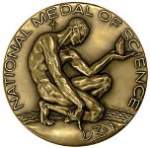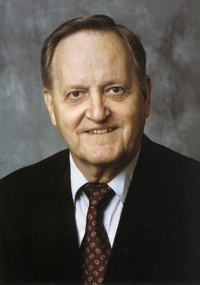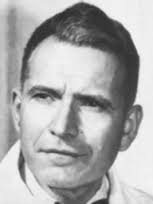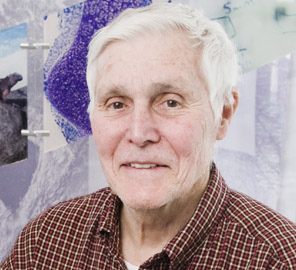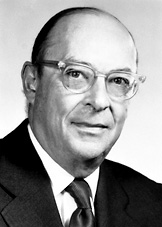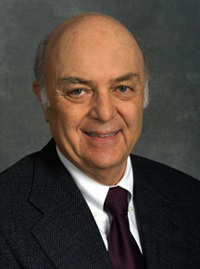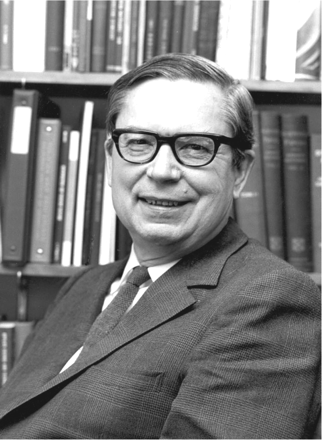Richard Dagobert Brauer National Medal of Science Awarded In 1970
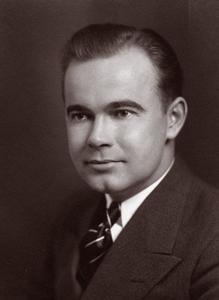
Richard Dagobert Brauer
Award Name : National Medal of Science
Year of Award : 1970
Award for : Mathematics
Location : Charlottenburg, Berlin, Germany
Richard Dagobert Brauer was a leading German and American mathematician. He worked mainly in abstract algebra, but made important contributions to number theory. He was the founder of modular representation theory. He was born on February 10, 1901 in Charlottenburg, Germany. Brauer applied modular representation theory to obtain subtle information about group characters, particularly via his three main theorems. These methods were particularly useful in the classification of finite simple groups with low rank Sylow 2-subgroups. The Brauer–Suzuki theorem showed that no finite simple group could have a generalized quaternion Sylow 2-subgroup, and the Alperin–Brauer–Gorenstein theorem classified finite groups with wreathed or quasidihedral Sylow 2-subgroups. The methods developed by Brauer were also instrumental in contributions by others to the classification program: for example, the Gorenstein–Walter theorem, classifying finite groups with a dihedral Sylow 2-subgroup, and Glauberman's Z* theorem. The theory of a block with a cyclic defect group, first worked out by Brauer in the case when the principal block has defect group of order p, and later worked out in full generality by E. C. Dade, also had several applications to group theory, for example to finite groups of matrices over the complex numbers in small dimension. The Brauer tree is a combinatorial object associated to a block with cyclic defect group which encodes much information about the structure of the block. In 1970, he was awarded the National Medal of Science.
